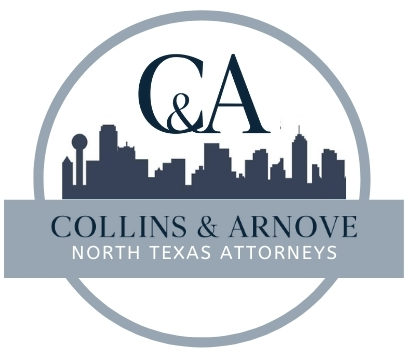 Millions of people need to file chapter 7 bankruptcy due to excessive debt, medical issues, or the loss of income/employment. While bankruptcy is an effective option for financial relief, proper planning is essential to file successfully. Here are a few important steps to take before filing bankruptcy.
Millions of people need to file chapter 7 bankruptcy due to excessive debt, medical issues, or the loss of income/employment. While bankruptcy is an effective option for financial relief, proper planning is essential to file successfully. Here are a few important steps to take before filing bankruptcy.
Check your Eligibility
Your debt to net ratio may be off balanced, but you should not assume that qualifies you for bankruptcy. There are certain criteria that you must meet before filing.
To get started, check your income level since your income must not be above the median income for a family of the same size in your state. Your monthly income should be averaged for the last 6 months. You must also have a certain amount of disposable income that will allow you to repay some of your debts over a 5 year period. Disposable income is money that is left over after paying your basic living expenses. Lastly, you are not permitted to file chapter 7 bankruptcy if a previous chapter 7 or chapter 13 case was dismissed within the last 180 days.
Since many individuals are not able to file for different reasons, checking your eligibility is a first step before the process begins.
Get Organized
After learning you are capable of filing, it is time to get organized. Before consulting your attorney, you should gather a few key documents and statements. Here are a few that you must bring with you to your bankruptcy consultation:
- Income Statements
- Mortgage, Utility, Automobile Loan, Credit Card, and Miscellaneous Loan Statements
- Bank Statements
- Retirement or Investment Account Statements
- Tax Returns
- Photo Identification and Social Security Cards
Your attorney will use the above documents to determine your net versus debt ratio and how much disposable income you will have to pay off your debts after filing bankruptcy.
Determine Your Exemptions
You may want to keep certain property after filing chapter 7, so you will need to determine and file exemptions. This is a complicated process that most people are not prepared for, but your attorney can help. In most cases, your home and home’s equity will be exempt since this is an important living expense. If you use your vehicle for commuting to and from work or to care for a dependent it can also be exempt. Federal and state exemptions differ in each state, so you will need to base your exemption decision on your residence’s state. Unfortunately, some states offer more strict or lenient exemption laws, so you will need to work with your attorney to decide your best option. In states such as Texas, New York, Alaska, and Arkansas, you will be given a choice between taking federal or state exemptions.
Before you begin the process to file chapter 7 bankruptcy, contact Collins & Arnove in the Garland, Texas area at 972-516-4255 for help.
Collins & Arnove | Chapter 7 Bankruptcy Garland TX | 972-516-4255
